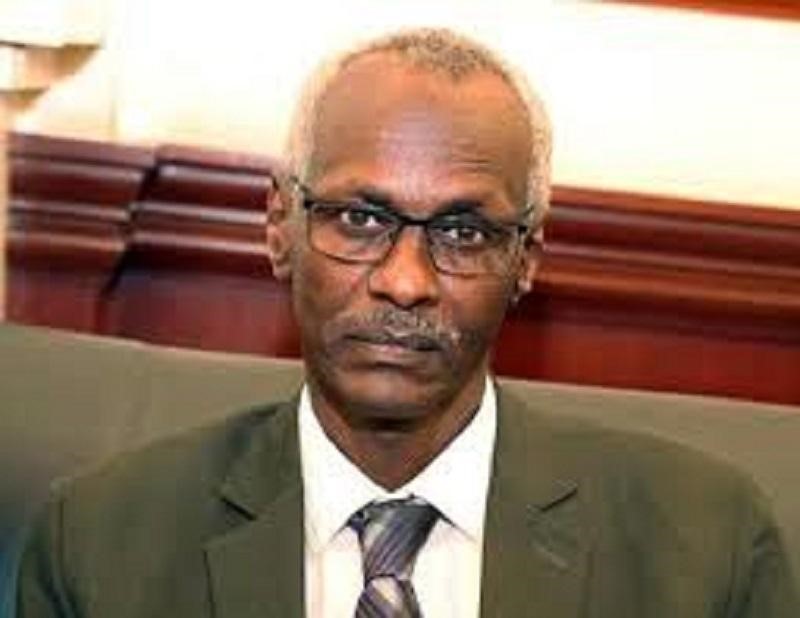Prof. Abbas: Sudan will not Join any Negotiations on Renaissance Dam Unless Methodology is Changed

Khartoum, July 5 (SUNA) – The Minister of Irrigation and Water Resources, Prof. Yasser Abbas, has affirmed Sudan absolute refuse to discuss the water quotas through the Renaissance Dam negotiations, stressing that the negotiations assigned for the filling and operation only. The Minister of Irrigation and Water Resources discussed during his meeting in his office on Monday with the French Ambassador to Sudan, Emmanuel Platman, whose country is chairing the current session of the Security Council, the file of the Renaissance Dam negotiations and the obstacles facing them. Prof. Abbas stated that Sudan supported the Renaissance Dam since the beginning because Ethiopia has the right, according to International Water Law and due to the expected benefits for Sudan from the dam, noting that the negotiations are confined to the filling and operation process only during about (10) years (but Ethiopia has changed its position since July 2020 and started talking about water quotas, and this is clearly rejected by Sudan, because the negotiations are assigned for the filling and operation only. The minister briefed the French diplomat on progress of the negotiations under the umbrella of the African Union since June 2020 until February 2021, explaining that when the negotiations began under the umbrella of the African Union, the percentage of issues agreed upon between the three countries, with the acknowledgement of the African Union itself has reached 90%, adding that now after the end of the negotiation rounds the percentage of disputed issues has witnessed an increase. He noted that Sudan suggested the quartet mediation, which Egypt has accepted and Ethiopia rejected, to advance the negotiation process, stressing that the quartet is not an alternative to the African Union. The minister informed the French Ambassador that Sudan will not engage in any negotiations unless an agreement to change the negotiation methodology is reached, and that a greater role is given to observers and experts, stating that the issue of the Renaissance Dam has become complicated and more political than a technical one. Prof. Abbas conveyed to the French Ambassador Sudan fear that the benefits of the Renaissance Dam would turn into damage and disasters if a legal agreement was not signed, stressing that Ethiopia has already taken the decision to fill the dam in July. He revealed that there are technical precautions taken by the ministry to reduce the impacts of unilateral filling in current July, by maintaining the stored water of one billion cubic meters in the Rosseires Dam and changing the operation of the Jebel Awliya Dam for the first time and avoiding its emptying to the lowest level. He said that these precautions have implications on hydroelectric generation and were taken due to the absence of any information or data exchange with Ethiopia, explaining this is the reason why Sudan demands the signing of an agreement with neighboring Ethiopia. The minister demanded that external pressures shall be exerted on Ethiopia so that the filling will not be unilateral and that Ethiopia should return to negotiations to reach an agreement that satisfies all parties. Meanwhile, the Ambassador of France announced that her country would provide a grant to establish two experimental projects in Gezira Scheme and a study on Abu Habil river. MO